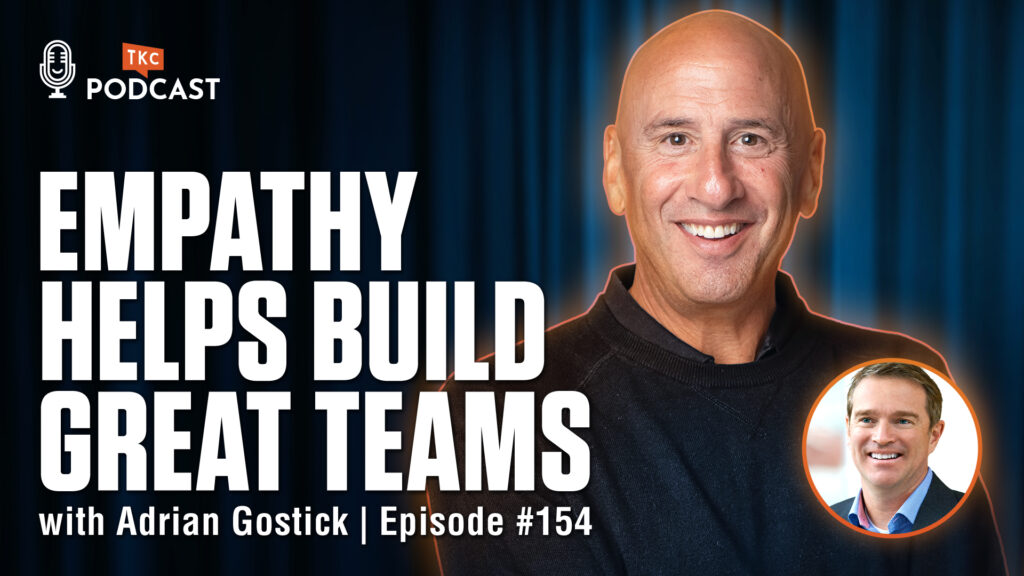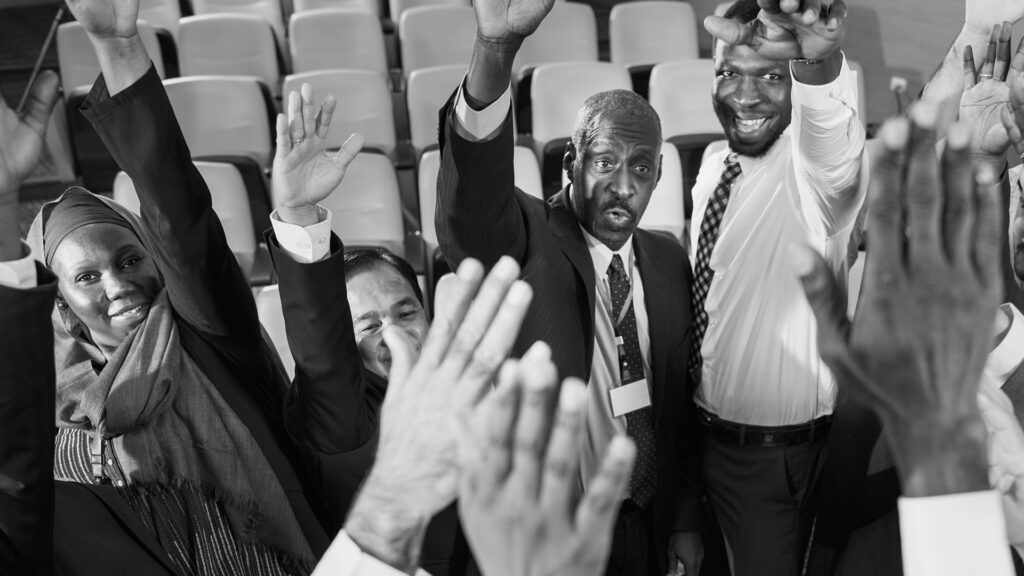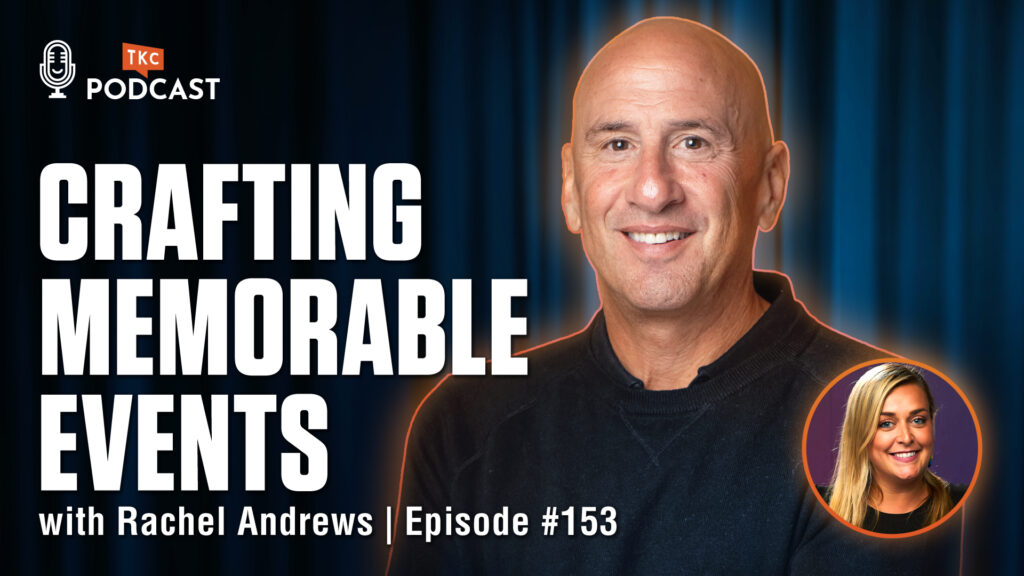- The Keynote Curators - Top Speaker Agency in North America
Joseph Stiglitz offers an in-depth analysis of today’s economic climate without the patina of political or business motivation, often sacrificing popularity for principle. This internationally renowned economist provides audiences with historical context and real-time information that sheds light on the recent financial crisis-how it happened, and the path ahead. His insights are crucial for audiences that require a deeper understanding of the post-crisis business landscape. Stiglitz’ reputation precedes him as an engaging straight-talker. He does not shy from complicated or difficult discussions about the current political and business environments and specifically on financial policy and government regulation.
He is author of several books including Freefall: America, Free Markets, and the Sinking of the World Economy (January 2010), The Price of Inequality: How Today’s Divided Society Endangers Our Future (June 2012) and The Great Divide: Unequal Societies and What We Can Do About Them (April 2015), in which he suggests ways to counter America’s growing problem.
Stiglitz regularly appears on CNN, CNBC and FOX News. Additionally, he is a syndicated columnist and his op-eds and articles have appeared in The Financial Times, Vanity Fair and Newsweek, among others. He was awarded the Nobel Prize for his role in creating a new branch of economics called “The Economics of Information.” His work explains the circumstances in which markets do not work well, and how selective government intervention can improve their performance. In 2015, Stiglitz was named to Politico’s list of the 50 thinkers, doers and visionaries transforming American politics todos ay.
Based on his book by the same name, Joseph Stiglitz explores why globalization is failing so many people and what must be done create stable economies. This presentation specifically demonstrates the intersection between these key components: trade relationships, the gap between rich and poor, China/America, global warming and pollution, developing & emerging economies, and international governance/regulatory bodies.
The current financial crisis didn’t start with the housing bubble—it started with policies enacted by previous Presidents, starting with Ronald Reagan all the way through to President George W. Bush. Stiglitz explores how free market financial policy and government regulation, or lack thereof, led to the 2007 financial crisis. This fast-paced presentation includes an overview of the current state of the economy and also what businesses and financial institutions can expect during economic recovery.
Joseph Stiglitz’ commentary on current United State economic policy and global financial news is controversial, provocative, and informative. It is also refreshingly direct. He provides audiences with solid context that can be used to add further dimensions to their work while gaining greater insight into the latest headlines.

Leadership keynote speaker Adrian Gostick shares how empathy, recognition, and purpose drive engaged teams in 2026.
Read More
Black History Month 2026 marks a century of commemorations. Discover keynote speakers who help organizations build dignity, dialogue, and trust.
Read More
Business leaders must adapt to market changes by staying resilient, learning fast, and pivoting strategies without abandoning their mission.
Read More
Leadership insights from Navy submarine officer Marc Koehler on making decisions under pressure using the 40-70 rule and crisis-ready preparation.
Read More
Learn how events build trust, prove ROI, and drive business outcomes with Rachel Andrews, Global Head of Meetings & Events at Cvent.
Read More
Top women keynote speakers in 2026 who give audiences permission to lead, speak up, and take action beyond Women's History Month celebrations.
Read More